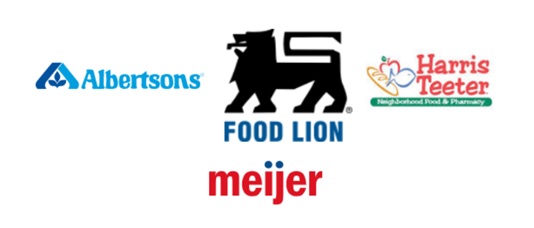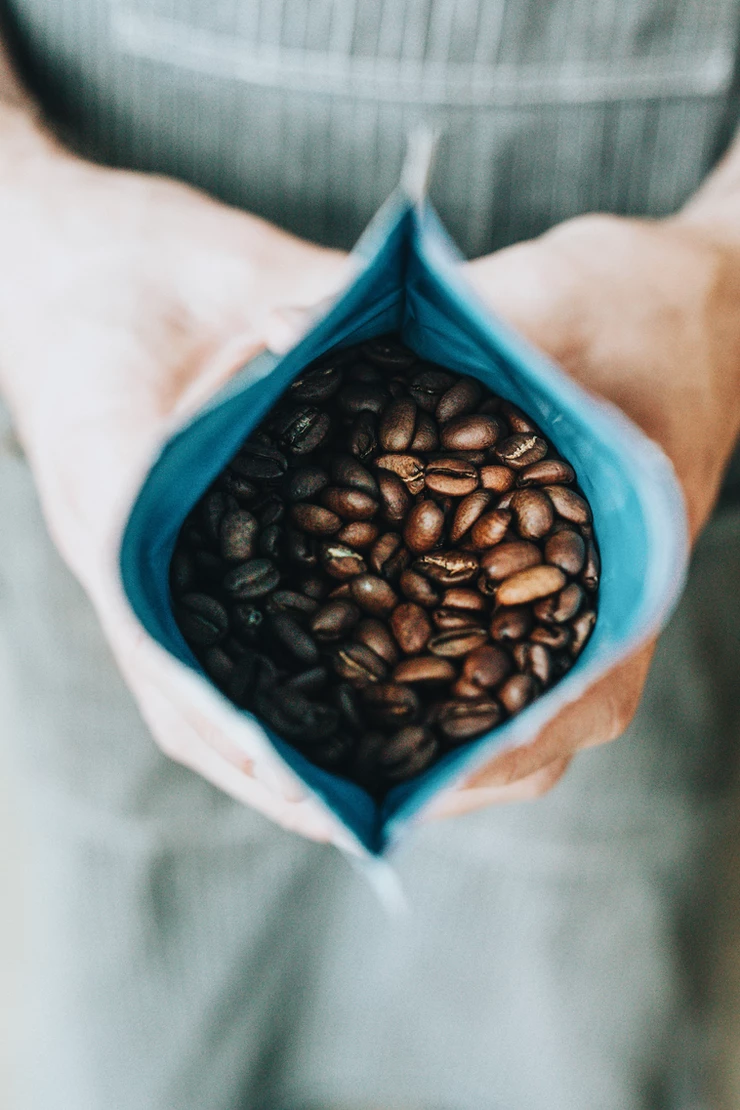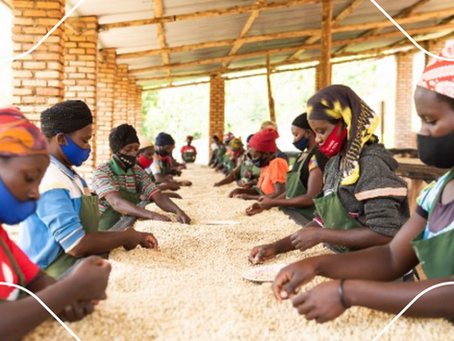1850 is proud to partner with Farmer Connect to provide visibility into where their coffee is...
It would be impractical to consider the history of Brazil without thinking about coffee, after all the coffee-growing tradition has been present in its culture since the very beginning. No wonder that today we are responsible for more than ⅓ of all world production, positioning us as the largest producer and exporter of coffee.
We are also the second largest consumers of coffee in the world, we already consume an average of 890 cups of coffee per year per person and in the next 10 years we should exceed 1,000 cups. As a country that has more than 210 million inhabitants, coffee is present in 98% of households and this shows how powerful coffee can be. It is as if the Brazilian diversity is reflected in the countless qualities and attributes of our coffees. Therefore, it is important to show the full complexity of Brazilian coffee production.
Understanding the necessary care, the dynamics of the processes and the uncertainties of each step makes each of the coffee's countless sensory attributes even more surprising. It is important to prove that for coffee to be sustainable and of good quality, good care and good production conditions are needed.
This is where the importance of tools such as blockchain comes in, which helps make the entire path of coffee production and the processes it went through, transparent. To understand about the topic and the relationship between blockchain and traceability, we spoke with some specialists from the national and international market. Read on to find out what they said.
What is traceability?
Traceability can be defined as a mechanism that makes it possible to identify the origin of a product, standardize production and monitor all the processes and transformations involved. With regards to coffee, traceability seeks to guarantee its entire journey and stages to the consumer, from raw material, through handling, processes, processing, transformations to its delivery to the final destination. The aim is, therefore, to enable control and transparency in production processes, as well as to add conformity and quality to the product.
Evandro Rezende, Commercial Administrative Analyst at Cooxupé, understands that “traceability is a market reality and that we must be technologically prepared to safely meet this demand”.
For the producer, traceability helps identify processes, improve quality, standardize production, optimize costs and consequent control. While for the other links in the chain, traceability enables compliance, food safety, connection and value. Information that previously seemed to have no relevance, is now monitored and optimized and, as a result, evolves into stories of people and places that make it possible to add value to products and businesses.
Ensuring that the coffee reaches the consumers cup requires a lot of dedication from all the people involved in its production This requires important decisions and care, which, when identified and recorded efficiently, help in making decisions that impact productivity and quality. Therefore, in the traceability of coffee, the entire production chain must be considered and participate in this registered identification, whether in production, processing or product journey.
There are many mechanisms for recording traceability, from the field notebook, which are manual notes generally used by small producers with not-so-complex processes, to the most innovative and safe software available in retail. Regardless of how it happens, the intention is always the same: to record powerful information. But how secure is this information?
What is blockchain?
Blockchain is an emerging innovative technology that makes the traceability of coffee safer and more efficient, as each traced lot has a unique and immutable identity. In addition, the responsibility for information is divided between the players in the chain, which must update information relating to each phase of the coffee journey, ensuring the integration of information in a secure and transparent manner, and thus facilitating access to the most demanding markets.
To Rodrigo Aurélio Cruvinel, coordinator of the traceability area at Cooxupé, “blockchain was created to revolutionize raw coffee traceability processes, provide greater security and transparency from ownership to the end customer, as well as, of course, adding value to the coffee produced by the cooperative's members”.
The internet and energy are complex concepts, yet we all enjoy their benefits. Working with them is simple, even if we are not computer programmers. Blockchain technology also seems like a complex concept, but, like the internet, it can be easy to use, without understanding the specifics of its design.
Blockchain and the internet are both fundamentally about data. With the internet, you only have limited control over your data, but with blockchain, your data is more secure, because you can control how much visibility you want to give.
As blockchain technology allows validation through independent crossings of different sources, the linking of information only happens if there is 100% compliance between all standardized data, thus, ensuring that there is no personal or cultural interpretation of the data. It is, therefore, a single source of truth, which enables transparency and validation in the chain, even if it involves the participation of different organizations or people.
To Marcelo Vieira, responsible for the cooperative Capebe Global, traceability is essential for the global scenario, as end consumers increasingly demand for food that is safe, with good environmental and social practices.
"Through traceability, we guarantee the control of all production and industrial processes of our products and the blockchain is intended to optimize this information, include the products in the chain, thus linking their links."
Another differentiating factor of blockchain is the prevention of data deletion. It is possible to adjust some details, but the information is stored and not lost. This, in addition to making data manipulation difficult, requires all actors involved in the chain to be more efficient and accurate, as they need to rethink their internal processes to safely include data.
Rethinking the internal process is not about changing what you do, but adjusting and mastering what you already have available, to be able to identify what information is relevant to your business. The role of blockchain is to give visibility to what you are already doing. The intention is, therefore, to value traceability and internal procedures, as well as to give visibility to both the people involved in the process and to the sustainability metrics in place. It is a way of validating to the world what is already being done, bringing clarity to operations and adding value to those involved.
"We, exporters, are increasingly being asked for information about the origins of the products, therefore, the proposal for traceability aligned with blockchain technology can be beneficial to all links in the chain, whether coffee or any other commodity".
Blockchain Benefits and Costs
It wouldn't be an exaggeration to say that blockchain unlocks value and reduces costs, as information can be shared, aggregated and filtered across different organizations and people, enabling insights, driving innovation and increasing operational efficiency.
Considering, for example, the trace of a product throughout the chain, each person or organization would be responsible for entering only their domain information, which in addition to creating more veracity in the data, avoids rework and enables customizable and efficient reports for decision making.
Blockchain technology enables a win-win scenario for everyone involved in the market. Because with chain integration, you can work with your competitor, and both win. It's a sum, because each one is adding value to your business. It's not about following what others are doing just because others are doing it. It's about a genuine change of course, a new direction in the way we manage data.
In the eyes of Jaqueline Tomasini, senior business analyst at farmer connectⓇ, blockchain is a tool that allows you to share data securely and with auditability. “Its functionalities have direct applications in the traceability of coffee, especially when we consider the approach that each organization collaborates with its portion on the trace.”
As with any new solution, the benefits can be met with challenges. Cultural barriers, ignorance and resistance to change are not something recent. Internet access, although still growing, may still seem to be an obstacle. In addition, a complete and identifiable trace may involve personal data and, therefore, needs to comply with legislation such as the LGDP (General Data Protection Law) and, therefore, requires initial engagement and collaboration between the parties.
Traceability generates reliability and information generates empowerment and, therefore, having control and validation of your information with tools such as blockchain, guarantees a competitive advantage for your business.In addition to the possibility of improving your internal processes, by mapping the internal flows to translate your production or business information into data, there is also greater control over your products.
Therefore, we can conclude that when we upload data into the blockchain, the producer or the company is digitizing their information and enabling the link with other processes in the chain. In other words, in addition to integrating their data, they both become directly responsible for the information they release and, indirectly control the information that is exposed about the company and its products. Overall, blockchain is helping strengthen the coffee market, providing a new direction for production and the supply chain.
Nathana Paiva
farmer connect, Business Development Manager, Brazil
Article published in PDG Brazil


